Woolley Last Name Origin, History, and Meaning
Where did the surname Woolley come from? What does the surname Woolley mean? Discover the history and meaning of the last name Woolley and family migration on YourRoots Map.
Surname Woolley Origin: What does the last name Woolley mean?
The surname Woolley has its origins in England, with records dating back to the early 15th century. Derived from Old English, the name likely referred to someone who lived near a wood or clearing. Over the centuries, the Woolley surname remained closely associated with England, but YourRoots data also shows its presence in countries like Australia, indicating a global spread.
By the 20th century, the Woolley surname had gained significant prominence in Australia, while remaining strong in England and appearing in various countries worldwide. This surname reflects a rich history and global presence, showing how family names can transcend borders and evolve over time.
Woolley Last Name History: Where did the last name Woolley come from?
Origin of Woolley Surname: Where does the last name Woolley originate from?
According to YourRoots data, the surname Woolley first appeared in records from England around the early 15th century. Please note that this reflects only YourRoots data for the exact Woolley spelling and does not include other record sources or surname variations.
History of the Last Name Woolley: What does the Woolley surname history look like in the early days?
The Woolley surname remained closely associated with England from the 15th to the 19th centuries. YourRoots data also shows Woolley family records in countries like Australia, indicating global spread over the centuries.
Global Spread: Where can we find the Woolley surname today?
By the 20th century, the volume of records with the Woolley surname grew significantly in Australia. The Woolley surname remains prominent in England and appears in many countries worldwide.
Explore Woolley last name heritage and Woolley surname origin based on YourRoots Map data
 VIEW THE ORIGIN OF SURNAME WOOLLEY
VIEW THE ORIGIN OF SURNAME WOOLLEYFamous People With Woolley Surame?
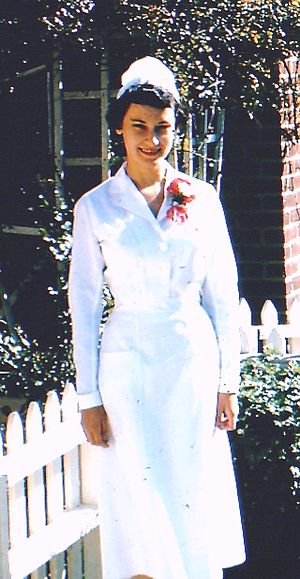
Alma S. Woolley
Alma S. Woolley (October 3, 1931 – December 17, 2005) was an American nurse, nurse educator, nursing historian, and author. She made significant contributions to nursing education, advocating for university-based programs. Woolley designed the B.S. degree program in nursing at The Richard Stockton College of New Jersey and later served as Dean of Georgetown University School of Nursing and Health Studies. She authored books on nursing history and biographies of influential nurses, emphasizing the importance of documenting nursing education. Woolley's dedication to the field earned her recognition and awards throughout her career, leaving a lasting impact on the nursing profession.
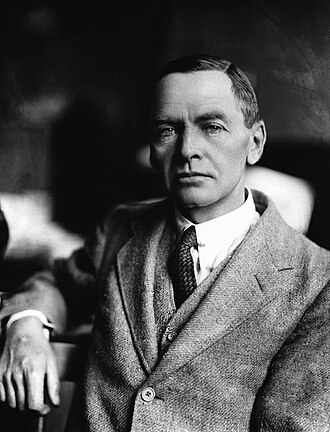
Leonard Woolley
Sir Charles Leonard Woolley (17 Apr 1880 – 20 Feb 1960) was a British archaeologist known for his groundbreaking excavations at Ur in Mesopotamia. His meticulous methods and discoveries, such as the Copper Bull and Queen Pu-Abi's tomb, revolutionized modern archaeology. Woolley's work inspired Agatha Christie's novel "Murder in Mesopotamia" and led to significant findings linking ancient Aegean and Mesopotamian civilizations. He also proposed a local flood theory mentioned in the Book of Genesis. Woolley's legacy in archaeology and his contributions to understanding ancient history continue to influence the field to this day.
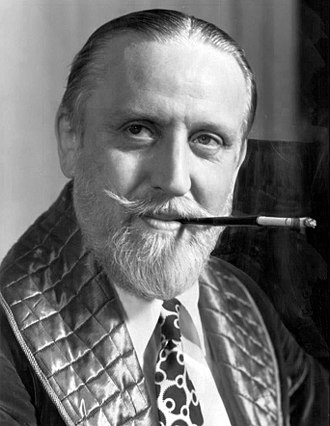
Monty Woolley
Edgar Montillion "Monty" Woolley (Aug 17, 1888 – May 6, 1963) was an American actor known for his role in "The Man Who Came to Dinner." His distinctive white beard earned him the nickname "The Beard." Woolley also had success on Broadway and in films, earning two Academy Award nominations. Despite his acclaimed acting career, Woolley faced challenges due to his sexual orientation, living with his partner Cary Abbott until Abbott's death. Woolley's wit and charm endeared him to audiences, making him a beloved figure in entertainment history.
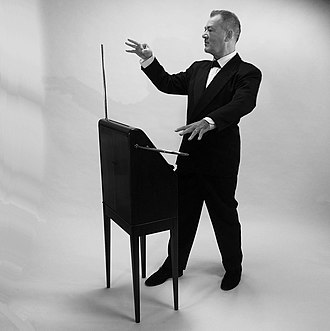
Bruce Woolley
Bruce Martin Woolley (November 11, 1953 - ) is an English musician, singer, songwriter, and record producer known for his work with artists like the Buggles and Grace Jones. He co-wrote hit songs such as "Video Killed the Radio Star" and "Slave to the Rhythm" and co-founded the Radio Science Orchestra. Woolley's career spans from the 1970s to the present day, with collaborations with various artists and contributions to popular music.
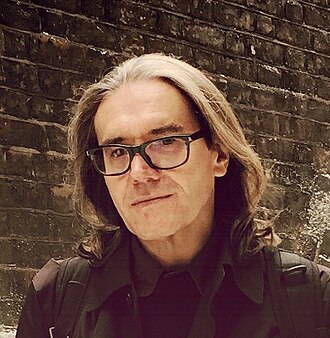
Stephen Woolley
Stephen Woolley (born 3 Sep 1956) is an English filmmaker and actor known for his contributions to cinema over four decades. He has been recognized with a BAFTA award for Outstanding British Contribution to Cinema and has produced critically acclaimed films like "The Crying Game" and "Carol." Woolley co-founded the production company Number 9 Films with his partner Elizabeth Karlsen, producing a variety of award-winning movies. His career began with unique experiences in London's film industry, leading to collaborations with renowned directors and the establishment of successful film distribution and production companies. Woolley continues to make significant contributions to the film industry with his creative vision and passion for storytelling.
All images displayed on this page are sourced from Wikipedia or Wikimedia Commons.We use these images under their respective Creative Commons or public domain licenses. Wherever applicable, author attributions and license information are provided. If you believe an image is used incorrectly or outside its license terms, please contact us so that we can review and correct the issue.




.png)